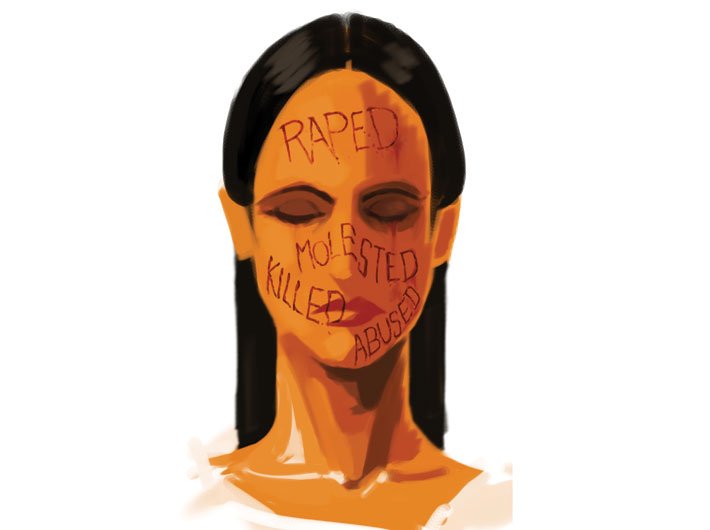From Bollywood actresses to women journalists, the Twitter is full of horrific realities of sexual harassment
A year after the #MeToo movement took the Hollywood and the West by storm, skeletons have started tumbling out of India’s closets too. From Bollywood actresses to women journalists, the Twitter is full of horrific realities of sexual harassment.
The massive outburst of women’s anger has even forced some of the accused/perpetrators to apologise. But the question that needs to be asked is why was the misconduct done at all? On one hand sceptics are questioning women for remaining silent for so long and not to blur the line between ‘flirting’ and a ‘sexual advance’. On the other hand the #MeToo movement in India is being hailed as an idea whose time has finally come.
Hence, I start by sharing my own ordeal. Nobody has sexually exploited me, but remarks against women journalists such as ‘bitch’ or ‘pimp’ are very common at the Delhi press club, which one has to learn to ignore.
In 2014, while I was covering the Congress election rally in Ajmer as a reporter with NWS Agency (ITV Network), I met the Congress beat journalist from India TV Sarvesh Shukla. He made an unsolicited sexual advance to me. Furious, I discussed the matter with my senior Md. Afsar and colleague Kapil Bhargava (both are working with ANI). They told me to take a stand against him and write to his HR department. I filed a complaint from my official mail id at that time. Many reporters expressed their unconditional support to me and appreciated my step. Vijailaxmi (Newsx) and Amresh Srivastava (UNI) told me that I have done the right thing. However, many advised me not to ruin his career and take back my complaint as such kind of behaviour is ‘normal’ in the media industry. What was more shocking to me was the response from my company’s HR department. They said that I should not have taken such step without informing them or taking them into confidence. The HR department of India TV was also rude in their behaviour. They kept on insisting that I might have misunderstood Shukla’s statement and assumed it to be “offensive”.
I’m glad that I did not take a step back and made an issue of the incident. As a result, a few days later Shukla came to me and apologised for his behaviour.
Another female journalist, Susmita Pakrasi, took to Facebook recently and expressed her outrage against Arup Ghosh, CEO of Network1 Media Consultancy. “I was approached by the boss of my organisation (Arup Ghosh) few months back. He started the conversation on messenger and initially asked me how I am doing. Soon after, he asked me to get connected on whatsapp. Our conversation started and very soon he asked me to address him by his name and not to add Sir with it. Although I found it a bit strange but thought it’s okay to address your seniors or boss by their first name in this industry. He asked me to meet him but I told him that I didn’t have time but will try to make it. Soon after he said he is interested in me. I was completely taken aback by this ... Especially by his guts to even say this to someone who is half his age! Having been a subject of stalking, I thought of taking a stand and gave it back then and there. I am sure he got a clear message that I am not interested.”
“Thankfully, he understood my point and never texted me back,” Pakrasi informs me.
The incident happened a few months back and many have questioned Parkasi as it does not qualify for the #MeToo movement. “I stood up with my post for all the women who stand up for themselves. That’s how I connected it with #MeToo which many fail to understand,” Pakrasi says.

